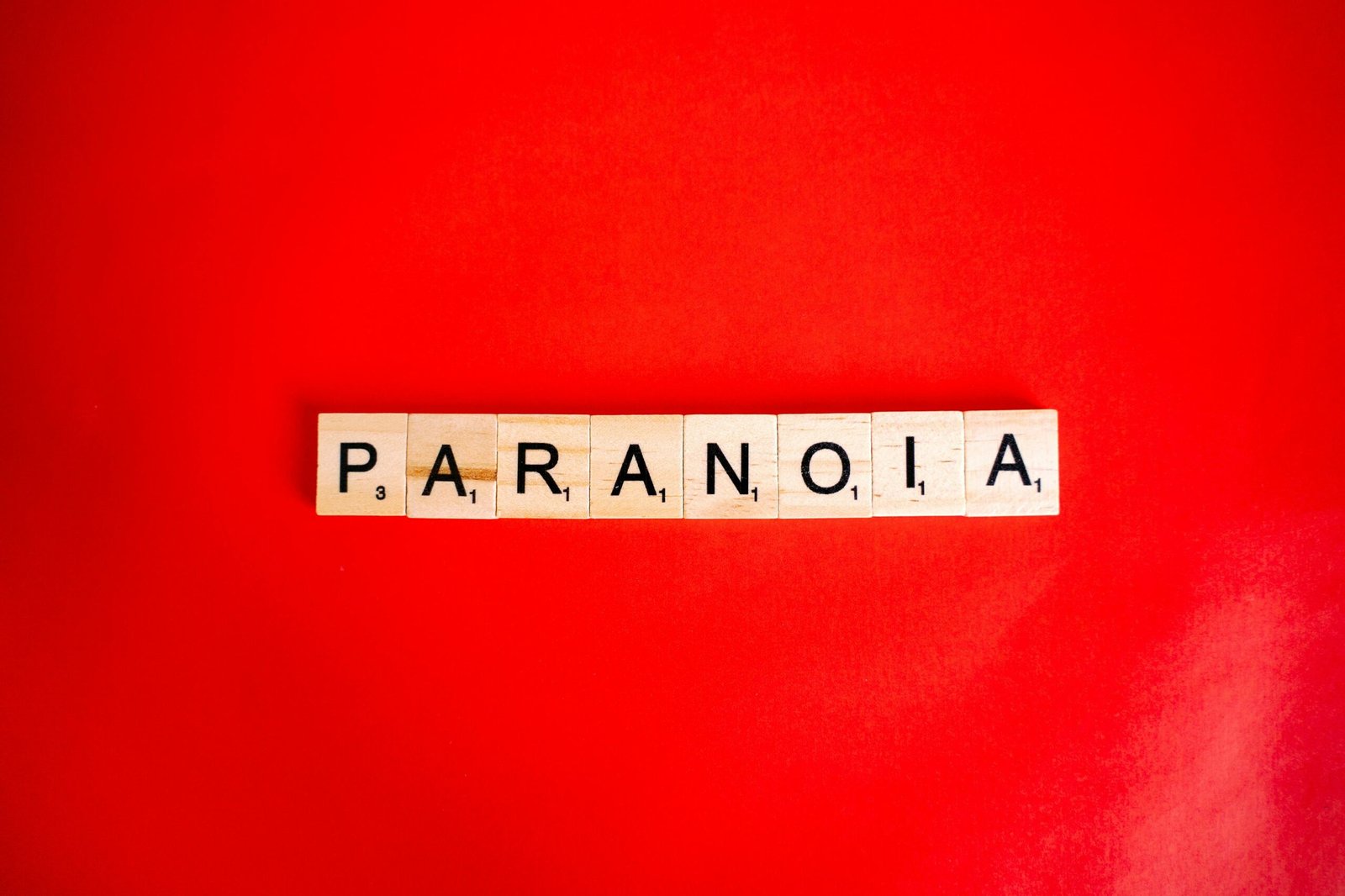
Hey there! Ever woke up with a stiff neck and wondered what caused it? Well, we’ve got you covered with this article that explores 5 common causes of neck pain. One of them is something we’ve all experienced before – sleeping on your neck wrong. Yep, that pesky kink in your neck can be the result of an uncomfortable sleeping position. But don’t worry, there are four more causes to uncover, so let’s get started and find out what could be behind your neck pain!

Muscle Strain
Muscle strain is a common cause of neck pain and can occur due to various reasons. Overuse is one such factor that can lead to muscle strain in the neck. When you constantly engage in repetitive activities or movements that involve your neck muscles, such as continuously looking down at your phone or computer screen, you may strain the muscles in your neck.
Another contributor to muscle strain is poor posture. Maintaining an improper posture, like slouching or sitting with a forward head, can put excessive strain on the neck muscles. This strain can build up over time and result in neck pain.
Engaging in vigorous exercise without proper warm-up and stretching can also lead to muscle strain. Activities that require sudden movements or excessive force can cause the neck muscles to stretch beyond their normal capacity, resulting in strain and discomfort.
Degenerative Disc Disease
As we age, the discs in our spine can undergo natural degenerative changes, leading to degenerative disc disease. This condition is a common cause of neck pain among older individuals. The discs in the spine act as cushions between the vertebrae, providing support and allowing for flexibility. Over time, these discs can lose their ability to absorb shock and may start to degenerate.
Wear and tear can also contribute to degenerative disc disease. Continuous stress on the discs, caused by repetitive movements or poor posture, can accelerate the degenerative process. This can result in neck pain and reduced mobility.
Additionally, a herniated disc can occur as a result of degenerative disc disease. When the inner jelly-like substance of a disc protrudes through a tear in the disc’s outer layer, it can impinge on nearby nerves and cause neck pain.

Whiplash
Whiplash commonly occurs due to sudden acceleration-deceleration forces, such as those experienced during car accidents. When your head is forcefully jerked forward and then backwards, the ligaments, tendons, and muscles in your neck can become strained or injured, resulting in whiplash.
Sports injuries, especially those involving contact or collision, can also lead to whiplash. Participating in activities like football, soccer, or rugby puts you at risk of experiencing sudden blows to the head or neck, which can cause severe neck pain and injury.
Physical assault is another potential cause of whiplash. Unexpected blows or jerking motions to the neck can result in strain or injury to the neck structures, leading to whiplash symptoms.
Arthritis
Arthritis refers to the inflammation of the joints, and it can affect the neck as well. Osteoarthritis, the most common form of arthritis, occurs due to the gradual wear and tear of the joints. The cartilage between the vertebrae in the neck can undergo degenerative changes, causing stiffness, pain, and reduced mobility.
Rheumatoid arthritis is an autoimmune disease that can also affect the neck joints. In this condition, the immune system mistakenly attacks the joints, leading to inflammation and pain.
Cervical spondylosis is a form of arthritis that specifically affects the neck vertebrae. With age, the discs and facet joints in the neck can degenerate, resulting in this condition. Cervical spondylosis can cause neck pain, stiffness, and limited range of motion.

Pinched Nerve
A pinched nerve occurs when excessive pressure is applied to a nerve by surrounding tissues, such as bones, muscles, or tendons. In the neck, this pressure can be caused by various factors. One common cause is a herniated disc, where the displaced disc material compresses a nerve, leading to pain, numbness, or weakness.
Bone spurs, also known as osteophytes, can develop in response to degenerative changes in the neck joints. These bony outgrowths can put pressure on nearby nerves, resulting in neck pain and associated symptoms.
Spinal stenosis, the narrowing of the spinal canal, can also lead to nerve compression. When the space within the spinal canal decreases, it can impinge on the nerves in the neck, causing pain, tingling, or weakness.
Poor Posture
Poor posture plays a significant role in causing neck pain. Slouching, whereby your shoulders and upper back curve forward, places excessive strain on the muscles, ligaments, and discs in your neck. This strain can lead to tension and discomfort in the neck.
Forward head posture is another common issue resulting from poor posture. When your head juts forward, it causes the muscles in the back of your neck to work harder to support the weight of your head. Over time, this can lead to muscle imbalances and neck pain.
Desk work, which often involves hunching over a computer or leaning over a desk, can contribute to poor posture. Prolonged periods spent in an unnatural position can strain the neck muscles and lead to pain and stiffness.
Sleeping in an Uncomfortable Position
Sometimes, your sleeping position can be the cause of your neck pain. Sleeping on your stomach, for example, forces your neck to twist to the side, straining the muscles and causing discomfort.
Using a high or low pillow that doesn’t adequately support your neck can also result in neck pain. A pillow that is too high can cause your neck to bend unnaturally, while a pillow that is too low may not provide enough support for proper alignment.
Twisting your neck during sleep, whether due to restless movement or an awkward sleeping position, can lead to strain and pain in the neck muscles. It’s important to ensure that your sleeping position promotes proper neck alignment and doesn’t place unnecessary stress on your neck.
Stress and Tension
Emotional stress can manifest physically and contribute to neck pain. When you feel stressed and anxious, your muscles tend to tense up, including those in your neck. This increased muscle tension can lead to pain and discomfort.
Tension headaches, often associated with stress, can also result in neck pain. These headaches typically cause a dull, aching sensation that radiates from the base of the skull to the neck and forehead.
Teeth grinding, also known as bruxism, can occur during periods of stress or even while sleeping. The clenching and grinding motion can lead to muscle tension in the neck and jaw, resulting in pain and stiffness.
Injury or Trauma
Injuries or trauma to the neck can cause severe neck pain and should be promptly addressed. Falls, especially when landing on your head or neck, can cause strains, sprains, or fractures that result in significant pain and impaired neck function.
As mentioned earlier, whiplash from car accidents or physical assault can lead to neck injuries and subsequent pain. The sudden and forceful motion of the head can strain or injure the structures in the neck.
Sports injuries, ranging from abrupt impacts to awkward movements, can also result in neck trauma. Contact sports, such as football or hockey, carry an increased risk of neck injuries, which may cause pain and require medical attention.
Herniated Disc
A herniated disc occurs when the soft inner material of a spinal disc ruptures through the disc’s outer layer. This can cause neck pain if the affected disc is in the cervical spine.
A disc bulge, also known as a protruding disc, refers to the displacement of the disc material without a complete rupture. Although it may not always cause symptoms, a bulging disc can compress nearby nerves and lead to neck pain.
A disc rupture, on the other hand, involves a complete tear in the disc’s outer layer, allowing the inner material to spill out. This can result in nerve compression, inflammation, and significant neck pain.
Similarly, a disc protrusion refers to a localized bulge of the disc that may compress surrounding structures. This can cause symptoms such as neck pain, numbness, and tingling.
In conclusion, various factors can contribute to neck pain, ranging from muscle strain to degenerative conditions and injuries. Understanding these common causes can help you identify potential triggers and take steps to prevent or manage neck pain. If you’re experiencing persistent or severe neck pain, it’s always advisable to seek medical advice for an accurate diagnosis and appropriate treatment. Remember, taking care of your neck is essential for maintaining a healthy and pain-free lifestyle.





